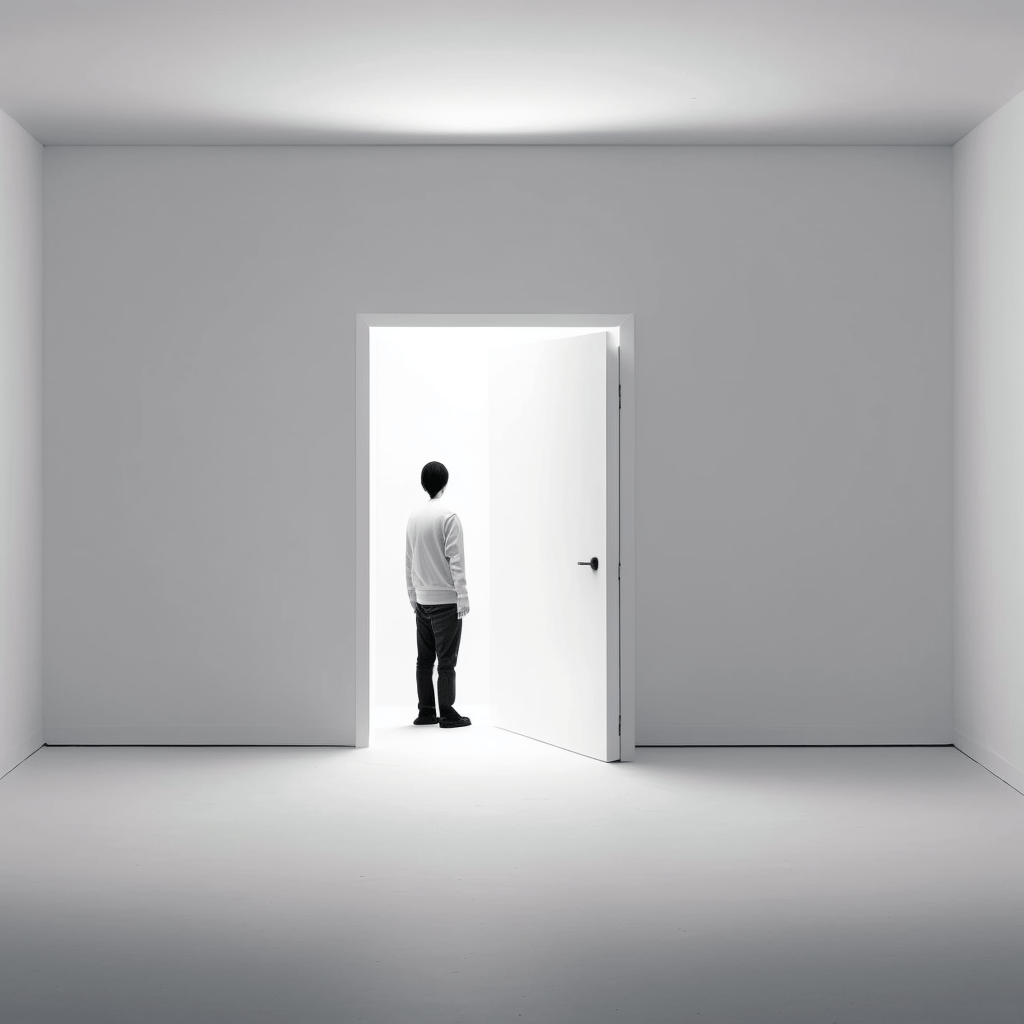
Self-serving bias is where people have a strong tendency to feel positive events in their life were the result of their own hard work, whereas negative events were caused by something out of their control.
I’ll make you a bet.
I bet you feel:
- You’re better at your job than most co-workers
- You’re a nicer person than the general public
- You’re probably more intelligent than a lot of your friends
- You’re at least more attractive than average
- That you can even drive better than most, too
And if you don’t agree—what, do you think you’re more honest than most people too?
Examples of Self-Serving Bias and the Lake Wobegon Effect
The truth is, according to lots of research over the past three decades, most people do identify with a lot of the statements above. Most, as in, more people than average think they are above average—at almost anything they do.
Just look at one of the most beloved and respected professions, stock market analysts. James Montier carried out a survey of 300 fund managers in 2006 and found some interesting and definitely not paradoxical at all results. In the study, 74% believed they were above average in their industry at choosing stocks. The remaining 26% professed they were merely average. Almost zero people in the entire survey said they were below average.
Perhaps they didn’t realize the most amazing stock pickers out there reside in the senate.
As for an everyday task on the way to work, everyone knows the roads are full of idiots. But not you. You’re one of the good ones, right? Except when AAA’s study showed 73% of you think you’re above average at honking at rude pedestrians, cutting red lights, and driving only 20 miles over the speed limit because everyone else is doing it.
But don’t worry, keep working hard and one day you’ll reside in a high-tower CEO office thinking back on this article and muttering, “Fools!” But I beg you to stop for a moment, Mr. Businessman. That ten million dollar paycheck isn’t because you’re such a hot shot, it’s far more likely due to benchmarking and the Lake Wobegon effect.
You see, most public companies try to hire the best CEOs to get the best return on their stock price. And what do the best CEOs require? A higher paycheck versus their peers. So, every year, a company’s board assesses the average payscale of CEOs and expresses to their stockholders they’re going to pay in the top 25%. But it’s not just one company, it’s nearly every one of them. And what happens if every company strives to pay a CEO in the top quartile because they want to send the message they’ve hired a top quartile CEO? The pays go up, on average. Over and over and over again.
And thus, you end up with society-angering headlines like:
Wage gap between CEOs and US workers jumped to 670-to-1 last year, study finds
But hey, at least you’re doing a fantastic job and deserve that massive salary by this point right? Your employees love you, the shareholders are happy, and your customers positively love your service, too. You’re a bonafide genius!
And when Bain & Company surveyed 362 companies, their CEOs were more than happy to confirm this is true. A whopping 80% of them said their firms delivered a “superior experience.” Not average, not great, but superior. When they asked those same firms’ customers how they felt, well, you might want to close this article at this point, Mr. Businessman. Their customers said only 8% of the companies delivered what they expected.
Hmm. Maybe you shouldn’t be making 66,900% more than the average worker, but what do I know, I’m only human.
What is Self-Serving Bias?
All of these things are related to something known as the illusory superiority effect, with a bit of self-serving bias mixed in. For the former, it’s our general tendency to think we’re special. Not in everything, but when compared to our peers or in areas we truly know we excel at, we often disregard any possible allusion to that not being the case.
Mix in a bit of self-serving bias, where we have a tendency to believe most good things that happened in our life were due to our own sheer hard work and persistence (contrary to reality), and you get a society full of people thinking they’re better than everyone else at driving.
If you want another proof in the pudding, just look at how Elon Musk, that absolute genius he thinks he is, is handling a takeover of a company called Twitter he’d never had experience with before.
It’s too bad they never hired me, though, because surely I’d deliver a superior experience to all stakeholders.
You can trust me, I’m subjectively biased.
J.J. Pryor
Want more fun stories? Join Pryor Thoughts for free today!




